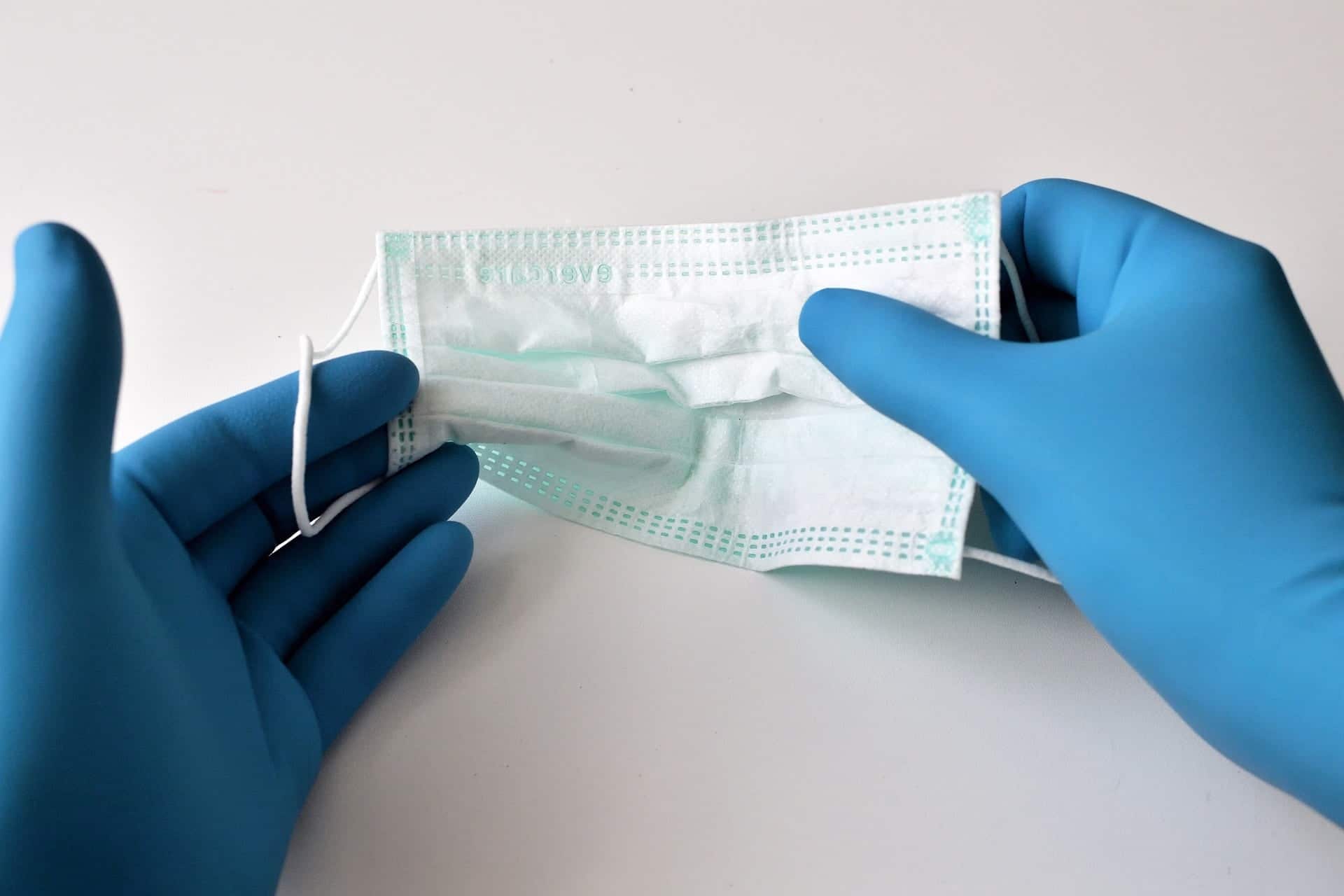How to manage an outbreak of infection in a care home

The Covid-19 pandemic has highlighted just how important it is that care homes enforce rigorous rules and procedures to prevent and manage outbreaks of infection to protect vulnerable residents.
It is estimated that about a third of all fatalities from the Covid-19 pandemic in the UK have been residents of care homes.
An outbreak of infection in a care home can be very serious, and in some cases even life-threatening. This is because many care home residents are frail, suffer with health conditions, or have compromised immune systems.
All care homes should have strict procedures and practices in place to help prevent, control, and manage infection and so protect residents from an outbreak.
At CBA Training, we have an Infection Prevention Lead training course to keep your business compliant.
What is classed as an outbreak?
An outbreak occurs when two or more people acquire the same infection from the same source.
Care home staff must be trained in infection outbreak prevention, detection, and management to protect residents.
Bringing an outbreak under control quickly is particularly important in a care home setting because many of the residents will be more vulnerable to infections and may have compromised immune systems.
When an infection becomes present within either a person or the environment at a care home, unfortunately, an outbreak can occur quite quickly due to:
- Residents in care homes having frequent contact with staff, other residents, and visitors.
- Medically, care home residents are often at greater risk of contracting an infection.
Once an infection is present it can spread throughout a care home in a variety of ways including by:
- Physical contact with people or objects where the infection is present.
- Being breathed in when an infection is airborne.
Having a plan in place to prevent and manage an infection outbreak has become more important than ever during the Covid-19 pandemic.
What are the types of outbreak?
The two main types of infection outbreak that commonly occur in care homes are respiratory infections like the flu and Covid-19, and gastrointestinal infections like norovirus. Other types of infection include skin infections and UTIs.
How are outbreaks managed in care homes?
Care home staff are trained to handle infections using prevention, preparedness, detection, and management (PPDM).
Prevention
As the well-known saying goes, prevention is better than cure, and all care home staff should follow standard infection control precautions (SICPs).
Some of the precautions that should be taken to prevent outbreaks include:
- Frequent hand washing.
- Wearing protective clothing like gloves and aprons.
- Promoting sneezing and coughing hygiene.
- Assessing new residents for infection.
Preparedness
All care home staff should be trained in the dangers of an outbreak, the symptoms to look out for, the precautions they should take, and the outbreak plan. This allows everyone to work together to prevent an outbreak occurring.
Outbreaks most commonly occur during the autumn and winter months when the weather is colder and more people are staying inside. To prepare for these months, it is recommended that all people over 65 and all health and social care workers are given the flu vaccine to reduce the risk of it being spread within care homes.
Detection
An outbreak can sometimes be difficult to recognise as there may be a delay between people becoming sick and different people may display different symptoms.
It is important that care home staff remain vigilant at looking out for the signs of a possible outbreak though as the quicker one is detected the easier it is to bring it under control.
If two or more people are presenting with the same symptoms then care home staff should inform the manager of the care home, staff, residents, and the relatives of those who are sick.
Management
Once an infection has been detected, staff at the care home will need to act quickly to bring the infection under control and minimise the number of residents who become unwell.
Some of the actions taken will depend on the type of outbreak that is present. However, the following actions are usually taken as standard.
- Suspending visitors.
- Stopping admissions and transfers of patients.
- Using more protective equipment.
- Using disinfectants.
- Allocating staff to specific residents to prevent cross infection.
- Decontaminating items touched by infected residents.
CBAT Infection Control and Management training course
Number of days: 2 days
Time: 9.30am – 4.30pm
Cost: £180
Here at CBAT we provide a popular 2-day online course in infection prevention lead training. Our course covers everything you need to know to become a knowledgeable and competent Infection Prevention Lead.
The course covers the following:
- The role and responsibilities of the IPC Lead.
- Outbreak best practice, regulation, and legislation.
- Transmissible infections and parasites present in the UK.
- How to produce IPC risk assessments, audits, and annual statements.
- IPC control and prevention methods.
- Researching, planning, and delivering an IPC microteach.
Providing care home staff with high quality infection prevention training is extremely important, especially during the current pandemic. Putting the knowledge learnt during this course into practice can quite literally save lives.
We run our infection prevention lead training course online in a virtual classroom.
Our online training courses are cost-effective, convenient, easier to fit around existing work and family commitments, and offer a safe way to learn during the Covid-19 pandemic.
The course is run on Zoom using advanced classroom technology that allows attendees to perform group activities in online breakout rooms and perform assessments on screen.
The course can be adapted and tailored to meet your staff and organisation’s needs if required.
For more information about our infection control and management course, give our team a call on 01772 816 922, email admin@cba-training.co.uk, or book online to secure your place on our course.